Product Short Description
Technical Specifications
- Communication Protocols:
- PROFIBUS DP/DP-V1 (primary).
- Optional support for Modbus TCP and Ethernet/IP (CI854AK01 variant).
- Transmission Rate: Up to 12 Mbit/s for high-speed data transfer.
- Channels:
- Dual independent PROFIBUS DP channels (each supporting up to 32 slave devices).
- Connectors:
- 2 × 9-pin D-sub female connectors for PROFIBUS DP interfaces.
- Power Supply:
- 24 V DC (via AC 800M backplane).
Description
- Physical Dimensions:
- Width: 59 mm, Height: 185 mm, Depth: 127.5 mm.
- Weight: Approximately 0.59 kg.
- Operating Temperature:
- +5°C to +55°C (standard models).
- -20°C to +60°C (CI854AK01 variant).
- Storage Temperature: -40°C to +70°C.
- Protection Class: IP20 (standard), IP65 (CI854AK01 variant for dust/water resistance).
- Redundancy Support:
- Line redundancy and master station redundancy (when paired with redundant CPU and CEXbus modules).
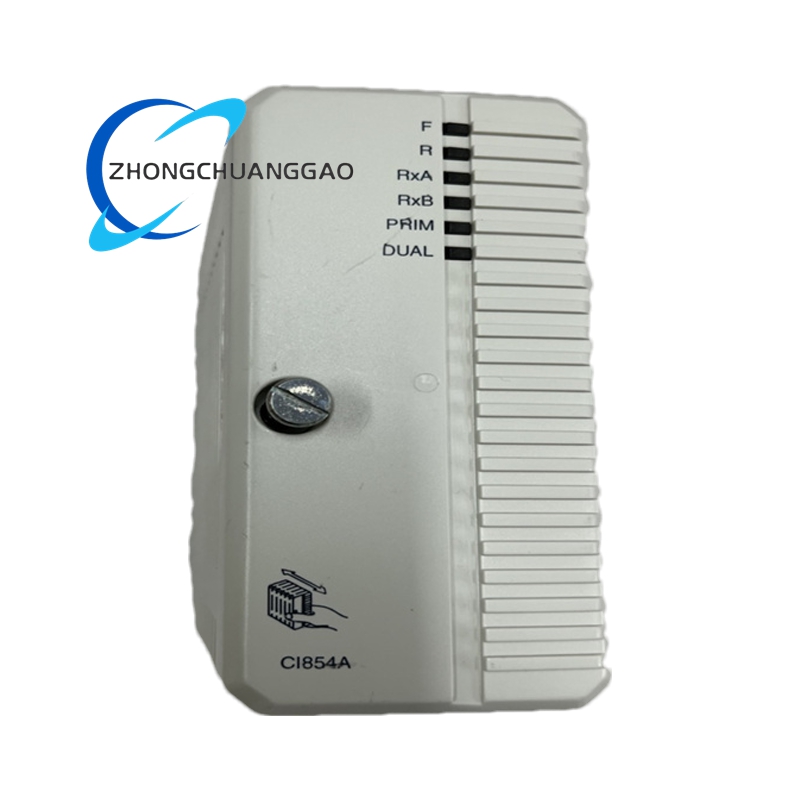
- Line redundancy and master station redundancy (when paired with redundant CPU and CEXbus modules).
Functional Features
- High Reliability:
- Industrial-grade design with high-quality components ensures stable operation in extreme conditions (vibration, electromagnetic interference).
- Dual-Channel Design:
- Two independent PROFIBUS DP channels enhance system flexibility and scalability, allowing connection to up to 64 slave devices.
- Redundancy Capabilities:
- Supports line redundancy and master station redundancy to minimize downtime in critical applications.
- High-Speed Data Transmission:
- 12 Mbit/s transmission rate meets real-time control requirements for industrial automation.
- Easy Integration:
- Seamlessly integrates with ABB AC 800M controllers and S800 I/O modules, simplifying system design and configuration.
- Self-Diagnostics and Protection:
- Built-in fault detection and protection mechanisms safeguard against overvoltage, overcurrent, and communication errors.
- Multi-Protocol Support:
- CI854AK01 variant supports Modbus TCP and Ethernet/IP for compatibility with non-PROFIBUS systems.
Application Scenarios
- Factory Automation:
- Connects remote I/O modules, sensors, and actuators for real-time control of production lines in automotive, electronics, and food/beverage manufacturing.
- Process Control:
- Integrates smart instruments, valve positioners, and frequency converters in chemical, petrochemical, and pharmaceutical plants for distributed process monitoring.
- Energy Management:
- Monitors and controls motor control centers (MCCs), low-voltage switchgear, and renewable energy systems (e.g., wind turbines, solar inverters) in power generation and distribution networks.
- Water Treatment:
- Links water quality analyzers, pump stations, and control equipment to build automated water treatment systems with real-time data acquisition.
- Material Handling:
- Controls conveyors, stackers, and warehouse management systems in logistics centers for efficient automation of material flow.
- Building Automation:
- Manages HVAC, lighting, and security systems in smart buildings for energy-efficient operation.
Key Advantages
- Enhanced System Availability:
- Dual-channel and redundancy features ensure continuous operation even during communication failures.
- Scalability:
- Modular design allows easy expansion of I/O capacity to meet evolving automation needs.
- Cost Efficiency:
- Reduces wiring complexity and maintenance costs through multi-protocol support and hot-swapping capability.
- Future-Proofing:
- Aligns with Industry 4.0 trends by enabling integration with smart devices and predictive maintenance systems.

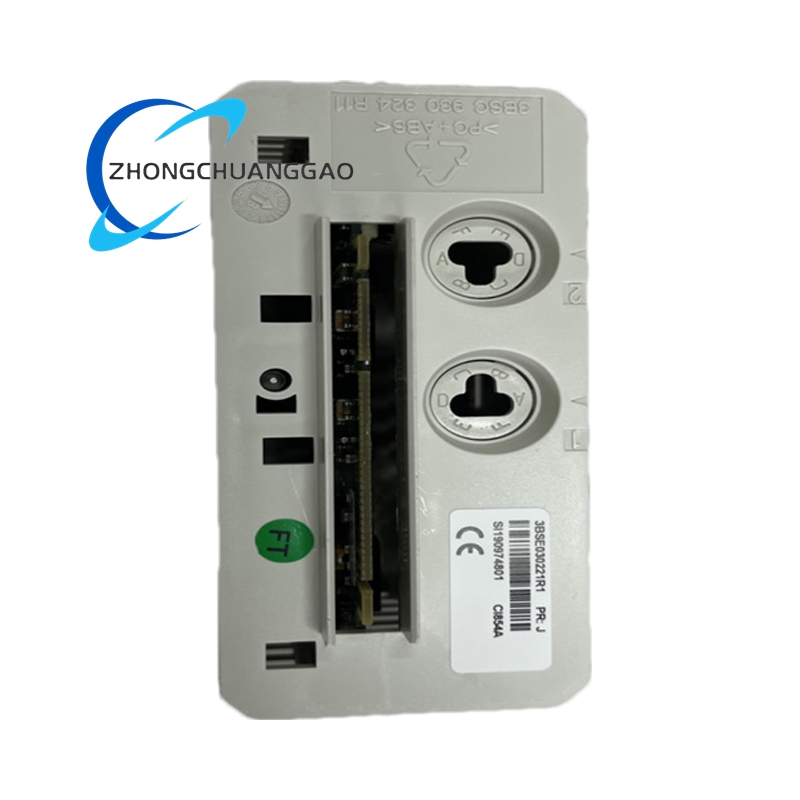
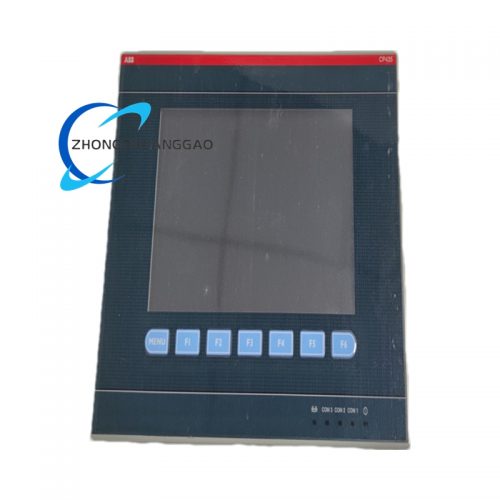
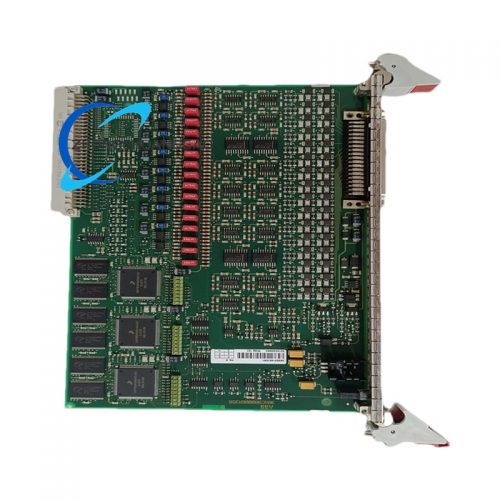
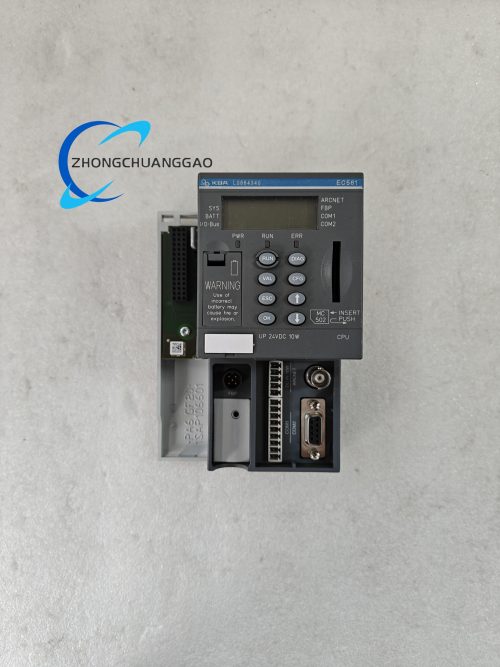
Reviews
There are no reviews yet.